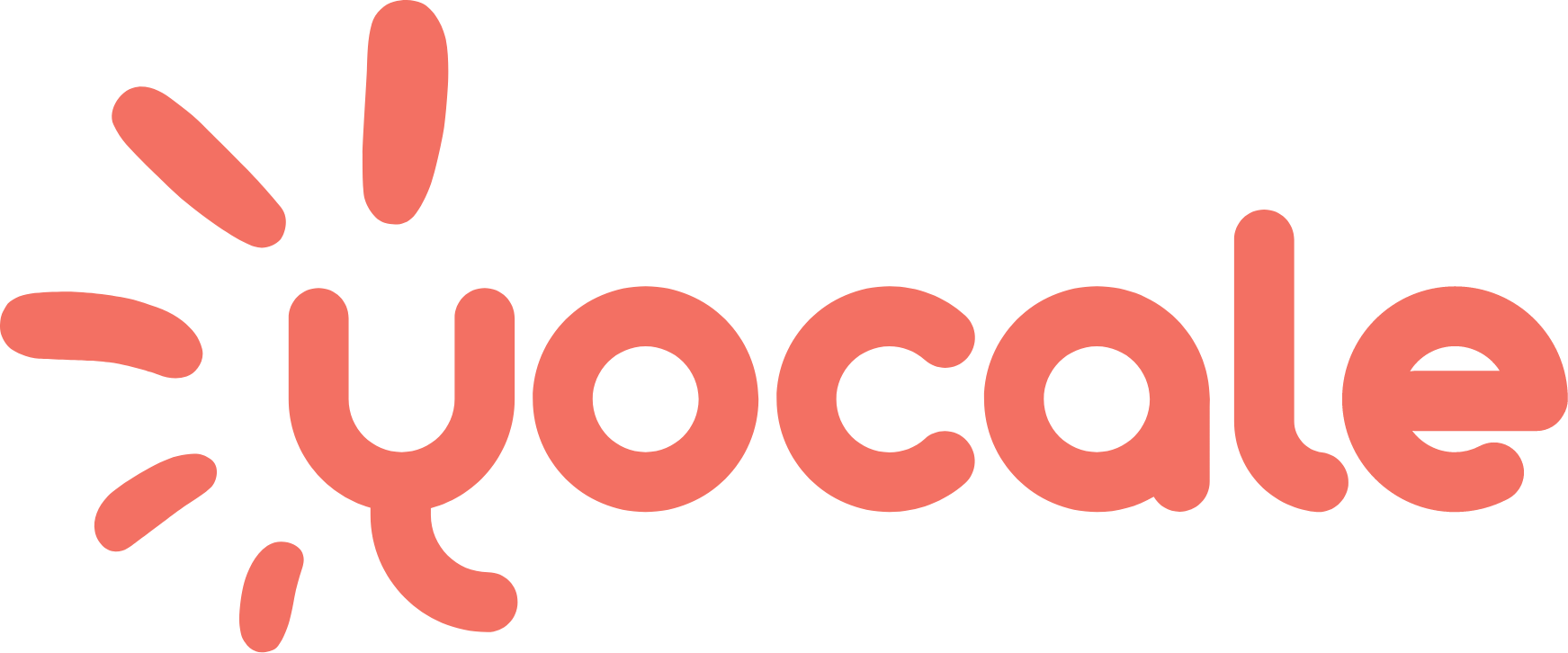Introduction
Digital marketing is a process that includes creating, deploying, and managing a digital marketing program to promote a small company’s products or services. It consists of all activities that take place online, including creating and distributing content, managing online channels, and using technologies such as search engine optimization and social media platforms.
Digital marketing is an ever-changing field that is increasingly important for businesses of all sizes. If you’re interested in digital marketing, check out some of the resources below.
5 Digital Marketing Ideas To Grow Your Small Business Online
SEO
Generally, to optimize a website for search engine results, you would want to focus on optimizing the following:
- Title tags: The title tags are the text that appears at the top of a webpage. They should include keywords and phrases that will help people find your webpage when they search online.
- Meta Tags: Meta tags are small pieces of information that are embedded in web pages (along with the HTML code). These tags allow search engines to understand certain aspects of your webpage, such as your page’s theme or subject matter. By including specific keywords in your meta tag titles and descriptions, you can help boost traffic from search engines.
- Webpages: Your webpage should include many keywords throughout the content, including text, headings, and images. This will help your webpage rank higher in search engine results pages.
- Link Building: One of the best ways to optimize a website for search engine results is through link building. By linking to other websites that contain relevant information, you can help promote your site and improve its visibility in search engines.
Use of Social Media
The four most popular social media platforms are Facebook, Twitter, LinkedIn, and Instagram. Each platform has features and benefits that make it well-suited for different purposes. For example, LinkedIn provides a robust platform for business networking, while Instagram is best suited for photos and videos.

It’s vital to pick the best social media platform for your business. Determine which social media site reaches your target audience best. Some social media sites are better for certain businesses or items.
For example, Facebook is fantastic for communicating with consumers and creating relationships; Twitter is ideal for rapid updates, and LinkedIn may be used to connect with potential customers and partners (among other things).
To use social media efficiently, you need a template. This template outlines what will be done each day (and occasionally each hour) and what material will be created. A strategy plan template that defines how marketing messages will be delivered across all channels is also essential (social media included).
Stay up-to-date on social media trends to create compelling content for your audience.
The most important thing is to stay focused on what’s important—your company’s goals and objectives. If you do this, social media platforms will be a powerful tool for reaching your target audience and building relationships that can increase sales.
Video Marketing
Video marketing is using online video content and online video technologies to create, manage and distribute digital videos to promote a business or product.


Video marketing can help businesses communicate their message to a wider audience more easily and effectively. By creating engaging videos, businesses can attract new customers, promote their products or services, and build brand awareness.
Video marketing can be a cost-effective way to reach consumers, as video content is often shared online and can be viewed multiple times. Additionally, video marketing may be more effective than traditional marketing methods in reaching target audiences on social media sites.
The evolution in technology has made it easy and accessible for us to edit videos without even downloading video software. You can use an online free video maker to quickly edit a video that is engaging and keeps the audience coming back again and again.
Email Promotion
Email marketing is using email to promote your products or services to a targeted audience. It can reach new customers, increase sales, and build relationships.
There are several different strategies you can use to grow your email list:
- Create newsletters: Send out a new newsletter every week to keep your subscribers updated on what’s new at your company. This will help you build relationships with them and create trust.
- Send special offers: Give away extra content, products, or services in exchange for subscribers’ contact information. This will encourage them to sign up and become loyal followers.
- Share blog posts: Share interesting articles related to your industry on your newsletter list to attract attention. This will encourage subscribers to read more about what you offer and make them more likely to buy something later on down the line.
- Send out event invitations: Send out invitations to special events such as webinars, seminars, or live chats where subscribers can learn more about what you do and ask you questions. This will increase engagement with your content and give people an opportunity to connect with you in a personal way.
- Send out automated emails: Set up automated email campaigns to send out content (like blog posts or product updates) at intervals. This will keep your subscribers constantly updated without spending time manually creating and sending emails.
Content Promotion
You are engaging in content marketing when you create a video online, write a blog post, or even create an infographic image. Content marketing is a way to create, publish, and distribute valuable content that helps your organization attract, engage, and convert leads and customers.
Content marketing should thus be considered an essential part of any digital marketing strategy.
The goal of content marketing is to create content that is valuable to your customers and can help you build relationships with them. You can distribute this content online, through email newsletters, social networks, or through other forms of digital media.
There are several key elements to successful content marketing:
- Creativity: Producing engaging and interesting content requires creativity and effort. Make sure you use the right tools to help you generate high-quality content (such as social media tools or article writing software).
- Research: It’s important to do your research before writing anything. Make sure you understand your target audience and what they want from you. Then find the relevant information and make it easy for your readers to find it on your website or blog.
- Planning and execution: Once you have generated some great ideas for content, it’s time to plan how you publish it to maximize its impact. Then take the necessary steps (such as setting up a blog or creating a social media campaign) to get the message out there.
Conclusion
SEO, social media, email marketing, video marketing, and content marketing are all important aspects of digital marketing. Each has its own benefits that make it well-suited for different purposes. Using various strategies (such as these five), you can effectively promote your small business online and build relationships that can lead to increased sales.




